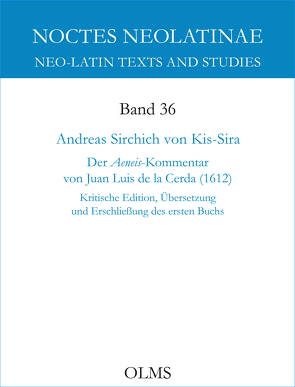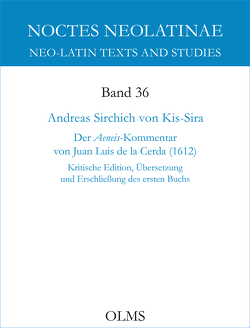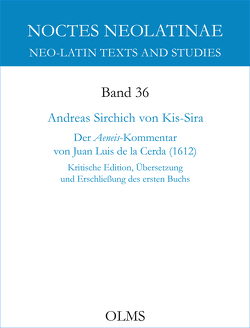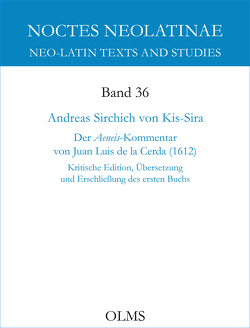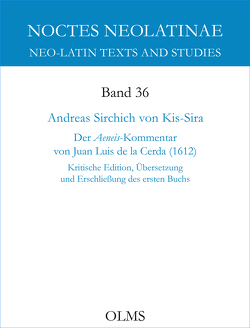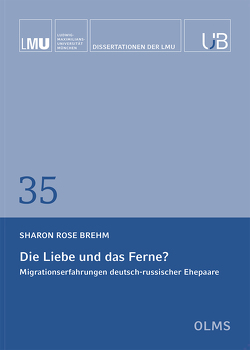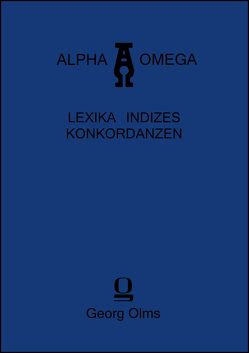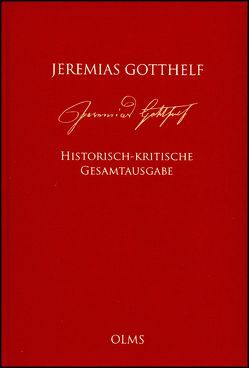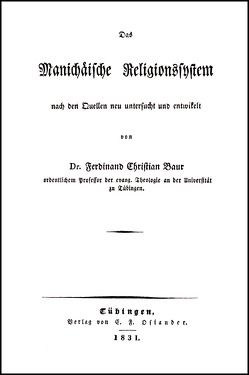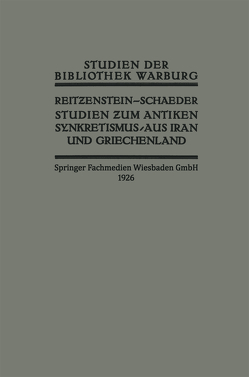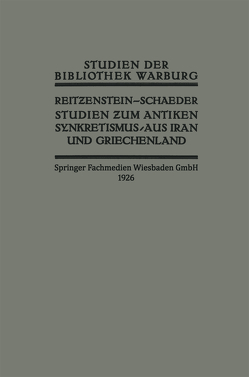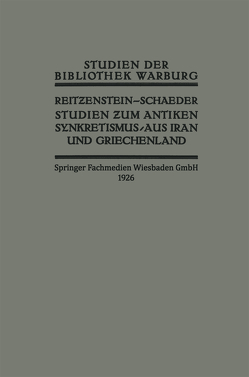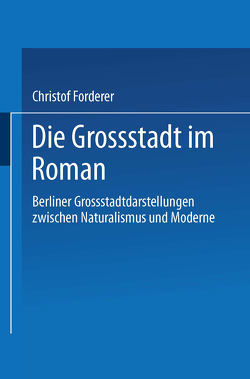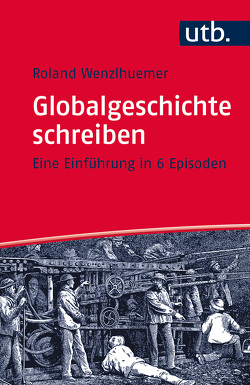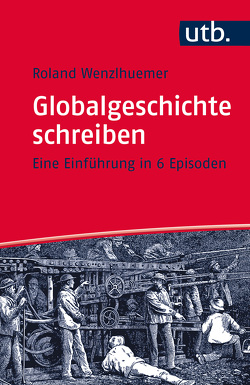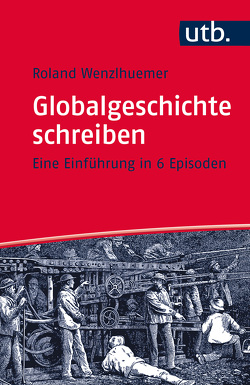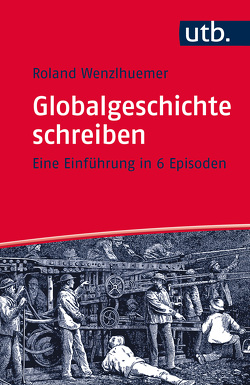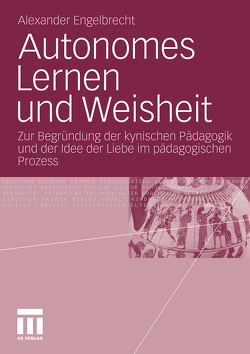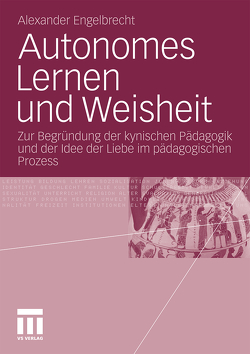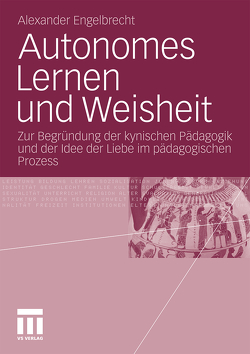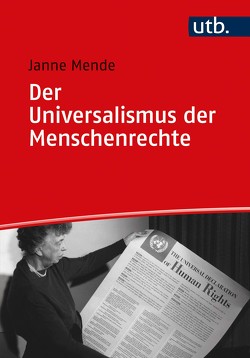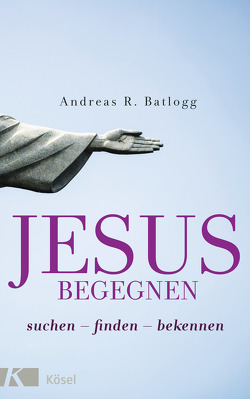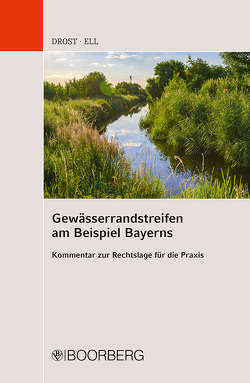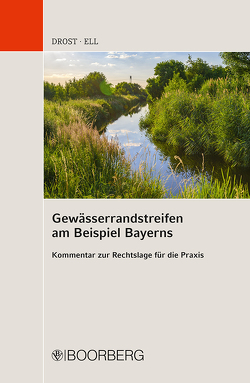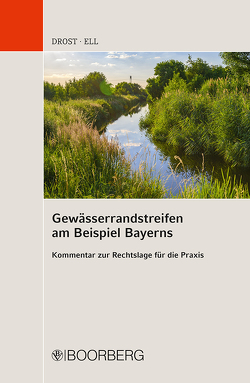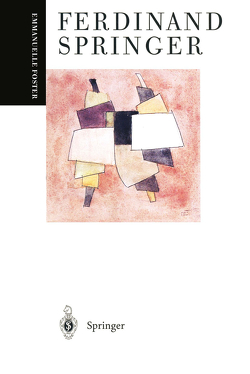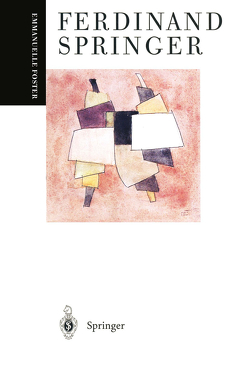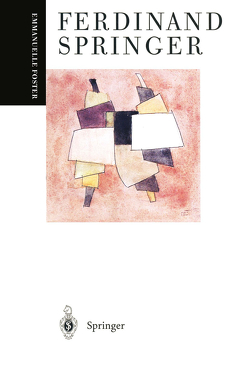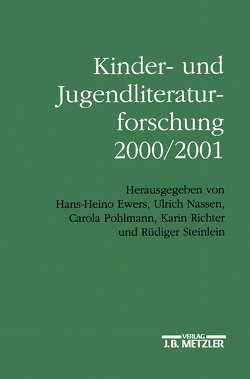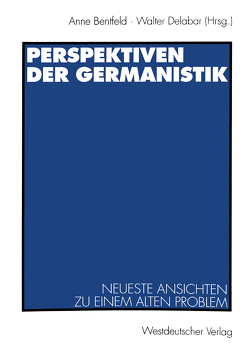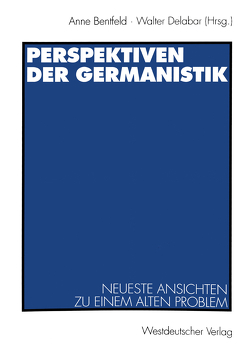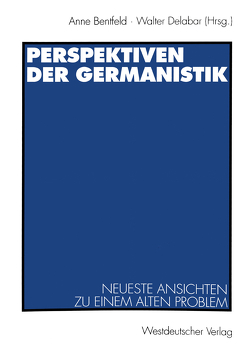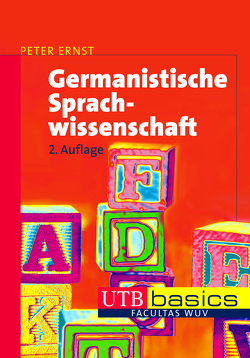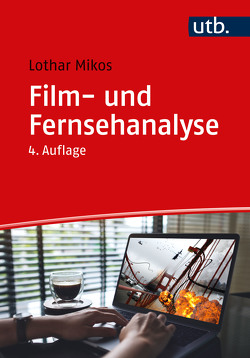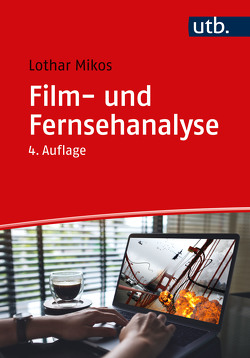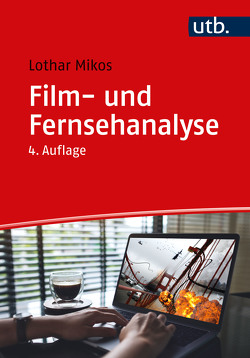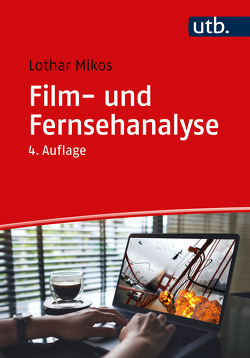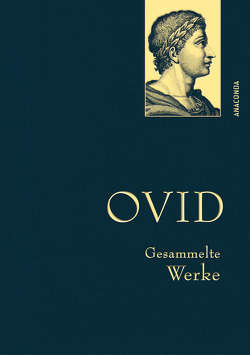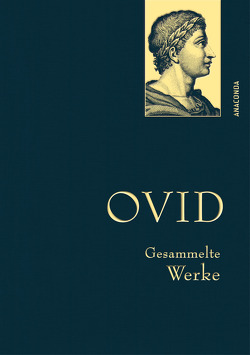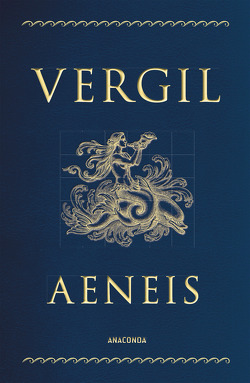Der Aeneis-Kommentar von Juan Luis de la Cerda (1612)
Kritische Edition, Übersetzung und Erschließung des ersten Buchs. Teilband 2
Andreas Sirchich von Kis-Sira
Am Ende einer Phase, in der für die Kommentierung antiker Texte die Grundlagenarbeit geleistet wird, auf die auch deren heutiges Verständnis noch aufbaut, verfasst der spanische Jesuit Juan Luis de la Cerda (1558–1643) den umfangreichsten Vergilkommentar aller Zeiten. In unglaublicher Fülle konzentriert er antikes Material, belegt darüber hinaus aber noch Deutungen unzähliger zeitgenössischer Autoren und setzt sich auch damit kritisch auseinander, was seine Arbeit zu einem unverzichtbaren Werkzeug der Vergilexegese macht.
Damals hochbedeutsam, heute weitgehend vergessen, lohnt eine Wiederentdeckung allemal: Anhand des prominentesten und meistgelesenen lateinischen Dichters, der schon fru¨h als Paradigma fu¨r eine Poetik aufgefasst worden ist, eröffnet die Untersuchung der Frage, was als kommentierungswürdig bzw. -bedürftig (oder gerade auch nicht) angesehen wird, einen tiefgreifenden Zugang zu einem Umgang mit dem Vergiltext, der sich von den modernen hermeneutischen Vorannahmen grundlegend unterscheidet.
Mit der Erschließung von la Cerdas Ausführungen zum ersten Buch der Aeneis macht diese zweisprachige Edition erstmals diesen Teil seines Werks und damit eine bedeutende Etappe der Vergilkommentierung zugänglich.****************At the close of an era, in which the foundations of the commentary tradition of ancient authors were laid, on which modern interpreters of these authors still continue to draw, the Spanish Jesuit Juan Luis de la Cerda (1558–1643) composed the most extensive Virgil commentary ever undertaken. He amassed an unrivalled collection of explanatory material from classical sources and took issue in great detail with the views and arguments of countless early modern commentators. The extraordinary breadth of his exegesis makes his commentary into a fundamental reference work even for present-day students of Virgil.
De la Cerda’s commentary was widely acclaimed in his own time, but has today largely fallen into oblivion. At the basis of this new analysis of his work lies the fundamental question what kind of interpretative issues and problems were considered indispensable in an early modern commentary on the most prominent and most-read ancient Latin poet, who served from very early on as a paradigm for the theory and practice of poetry. Special attention has been given to the differences between De la Cerda’s approach and the basic assumptions and preconceptions that inform the modern understanding of Virgil’s poetry.
This bilingual edition of De la Cerda’s commentary on Book 1 of Virgil’s Aeneid makes available for the first time this section of his exegetical work on Virgil in a state-of-the-art presentation.
